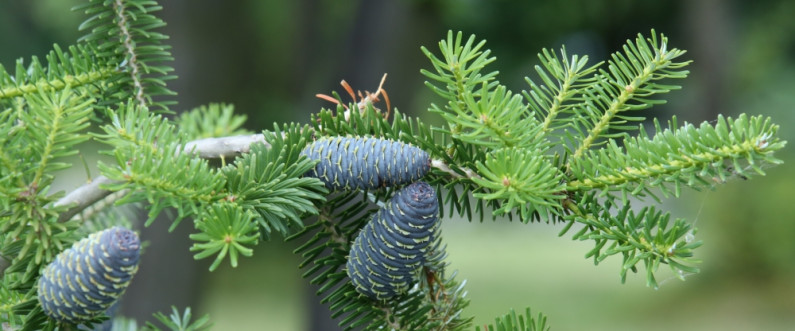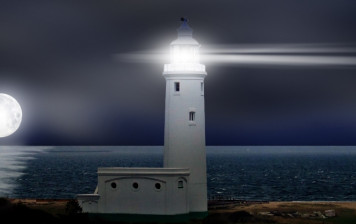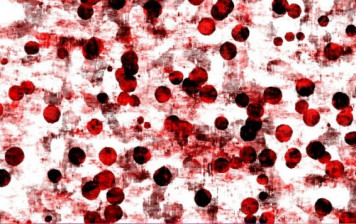
Fethullah Gulen
Since “true” life is only possible through knowledge, those who have neglected learning and teaching are considered to be “dead,” even when they are biologically alive. We were created to learn and to communicate what we have learned to others.
True life is lived at the spiritual level. Those whose hearts are alive, those who conquer the past and the future, transcend the restrictions of time. Such people are never overly distressed by past sorrows or overly anxious about the future. Those who are not able to experience full existence in their hearts, those who lead banal, shallow lives, are always gloomy and inclined to hopelessness. They consider the past as a horrifying grave, and see the future as a bottomless well. They live in agony, wondering whether they will live or die.
All of us are travelers, and the world is a multicolored exhibition and a rich and colorful book. We were sent to study this book, to increase our spiritual knowledge, and to uplift others. This colorful and pleasurable journey is a one-time event. For those whose feelings are alert and whose hearts are awake, this journey is more than enough to establish a Paradise-like garden. But for those whose eyes are covered, it is as if all goes by in a single breath.
The humble and modest are highly regarded by the created and by the Creator. The haughty and self-conceited, those who belittle others and put on haughty airs, are always disliked by the created and are punished by the Creator.
Humility is a sign of virtue and maturity, whereas haughtiness and self-conceit indicate an imperfect, low spirit. The most perfect human beings are those who are at ease and intimate in the company of others. In contrast, those who are too proud to join in with others and to form warm friendships are considered to be mere representatives of imperfect- ness. Humility makes people into true human beings. One sign of humility is that people do not change after they have obtained rank or wealth, learning or fame, or whatever else may be publicly esteemed. If any of these circumstances causes people to alter their ideas, attitudes, and behavior, then they cannot be regarded as having attained true humanity or true humility.
When interacting with others, always use as a measure what you find pleasing or displeasing. Wish for others what you wish for yourself and do not forget that whatever conduct displeases you will also displease others. If you do this, you will be safe from misconduct and bad behavior, and will not hurt others.
Maturity and perfection of spirit mean that you should be just in your treatment of others, especially those who have done you an injustice. Return their bad action with goodness. Do not cease doing good even to those who have harmed you. Rather, treat them with kindness and nobility, for harming someone is cruel. Repaying evil with evil implies a deficiency in character; the opposite is nobility.
There is no limit of goodness that can be done for others. Those who dedicate themselves to doing good for humanity are so altruistic that they can even sacrifice their lives for others. However, such altruism is a great virtue only if it originates in sincerity and purity of intention; it should be far removed from racial or tribal superstitions.
Those who regard even the greatest favor they have done for others as being insignificant, yet greatly appreciate even the smallest favor done for themselves are perfected ones who have acquired the Divine standards of behavior and have found peace in their conscience. Such individuals never remind others of the good that they may have done for them, and never complain when others appear to be indifferent to them.
Source: Gülen, Fethullah. (2004) Toward a Global Civilization of Love and Tolerance. Somerset, N.J.: The Light, Inc. pp: 217-18
Note: This essay is collection of aphorisms that were written in 1984 and recently appeared in one volume Ölçü veya Yoldaki Isiklar, Kaynak, Izmir, 2000; English edition Pearls of Wisdom, The Fountain, New Jersey, 2000, pp. 13, 23, 41, 42, 49, 50.
Tags: Fethullah Gülen's philosophy | Humanism |
Related Articles

Civil Rights, the Hizmet Movement, and the Liberative Power of Education
One of the foundational principles of the teachings of M. Fethullah Gulen, and thus one of the animating principles of the Hizmet movement, is the notion that education…

Interview with Fethullah Gülen on the coup, his relationship with Erdoğan
My teaching has always been to act within [the] law and in an ethical way. If anybody who follows my works acts illegally or unethically, or if they…

Global Terrorism and Islamic Radicalization: Analyses from Fethullah Gulen’s Perspective
Gulen deems terrorism as the greatest blow to peace, democracy, and humanity and he always condemns any terrorist activity no matter by whom it is carried out or…
